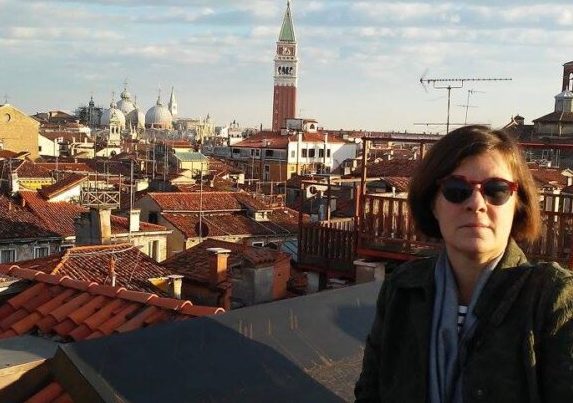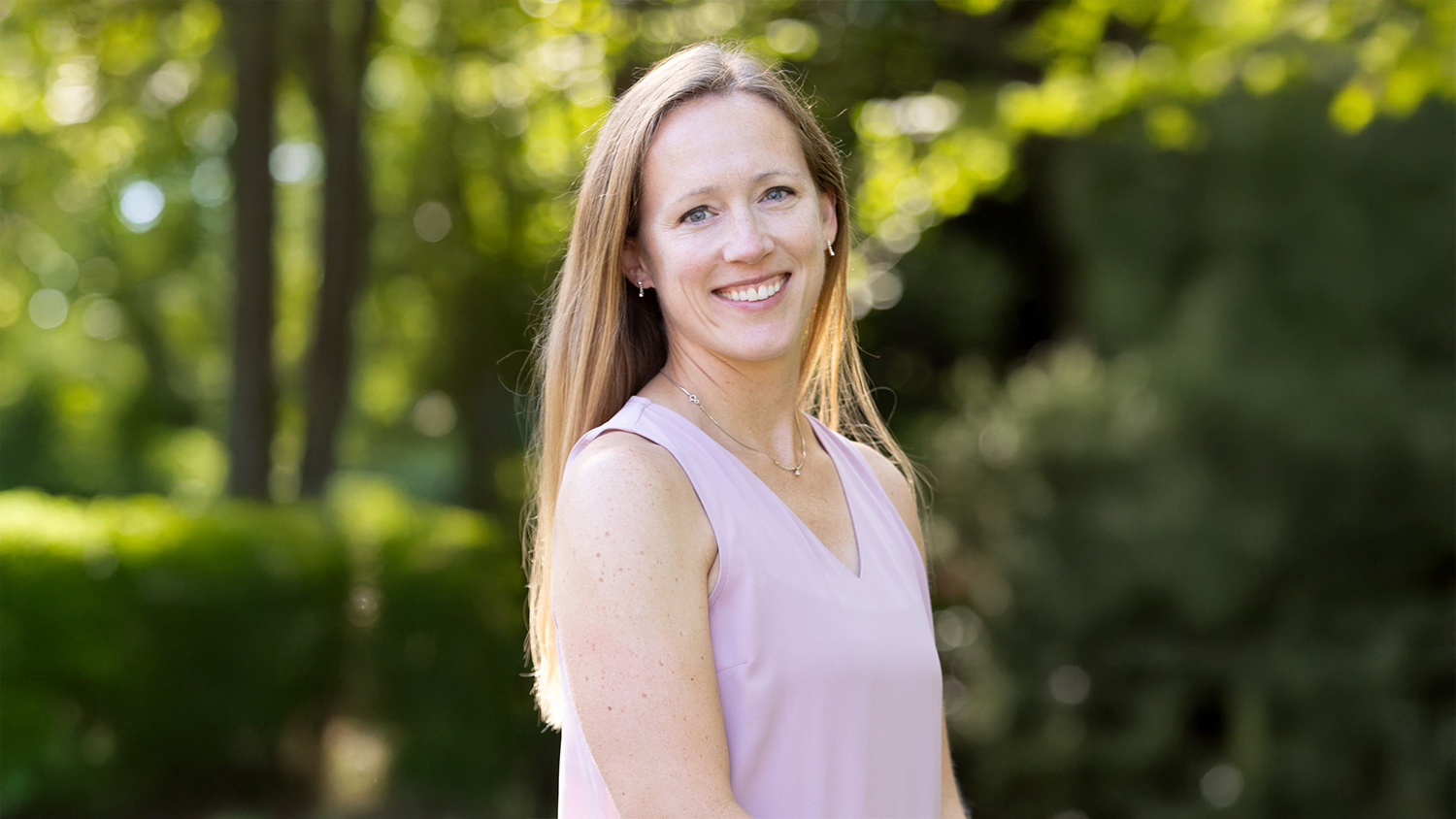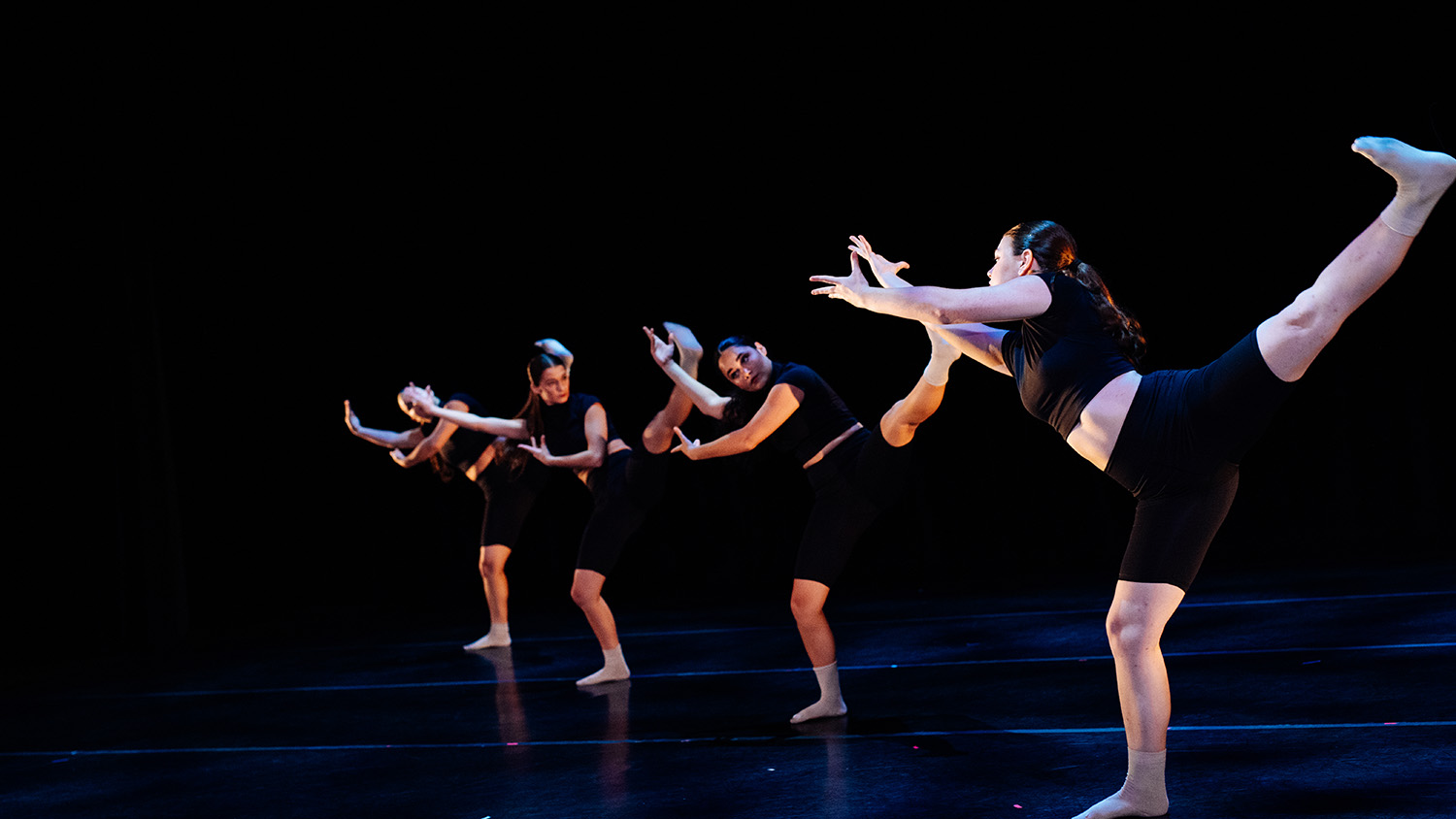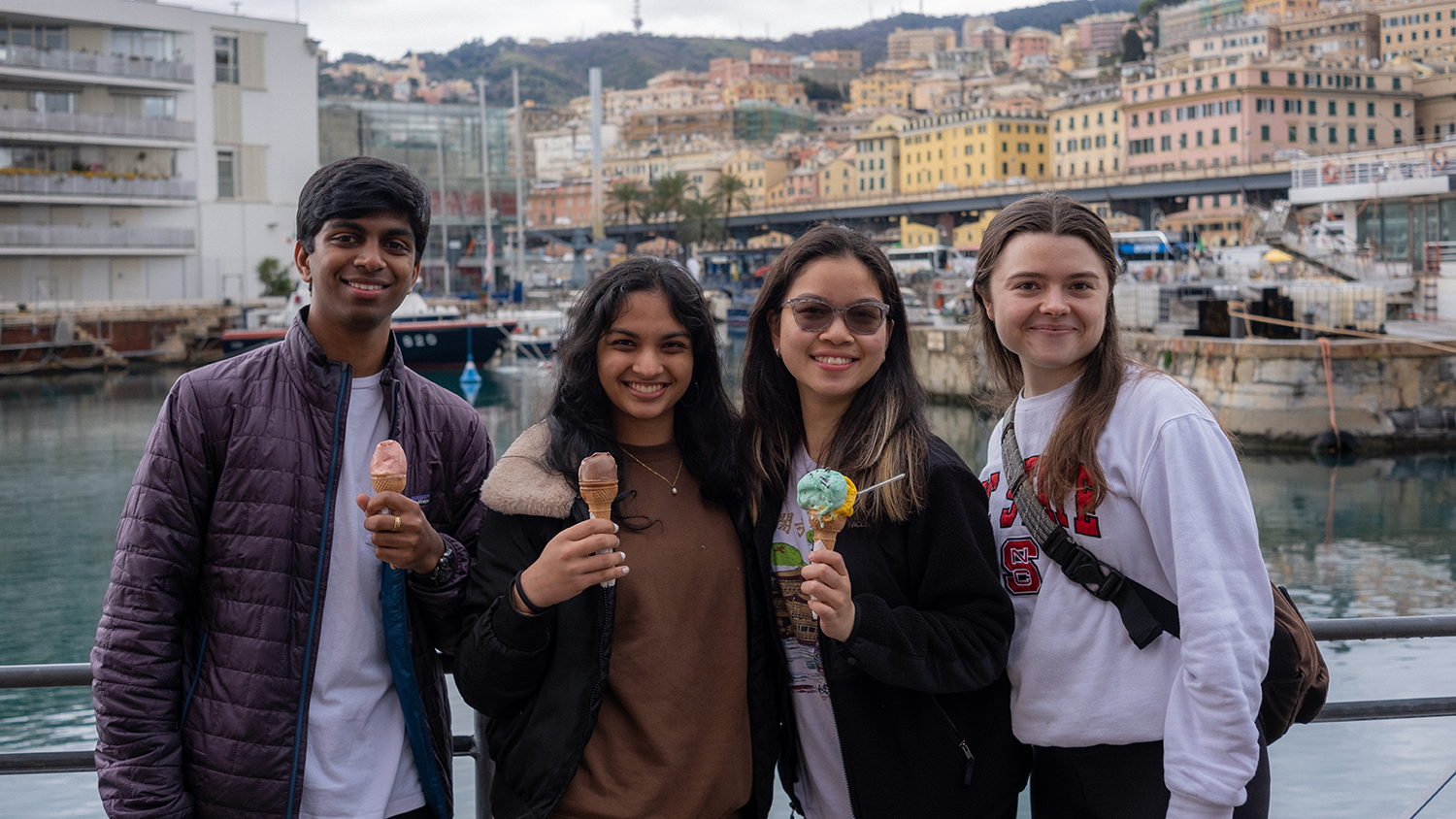In this edition of Spotlight on our Faculty, the University Honors and Scholars Programs (UHSP) are speaking with Holly Hurlburt, the executive director for Academic Enrichment Programs in the Division of Academic and Student Affairs. Hurlburt joins us this summer in a teaching capacity in her honors seminar entitled Sweet!: A Global History of Sugar. We caught up with professor Hurlburt to learn a bit more about her background and the very tasty subject matter of her course.
UHSP: Hello there, Dr. Hurlburt. To get us started, tell us a bit about your background.
HH: Sure thing. I earned a B.A. in history with minor in art history from the University of Virginia, and then went on to earn a Master of Arts and then a Ph.D. in European history (focus on Italian Renaissance) from Syracuse University.
UHSP: Very nice. Many of our students aspire to earn a Ph.D. in their college career; what would you describe as an educational or professional challenge you faced along the way? And then maybe tell us a bit about how you overcame it?
HH: Self-doubt is hard, and I would say overcoming it is a lifelong process! I have learned to counter that voice in my head that questions me with a louder, stronger voice that says “Yes I can!”
UHSP: Tenacity in the face of adversity is a skillset we all have to work on constantly. What sparked your interest in the history of sugar around the world?
HH: Teaching history through food has been one of the great rewards of my career. It is inherently interdisciplinary and demonstrates what is true about history—studying the past means studying the past of ALL peoples and ALL disciplines. Because this is a shorter summer class, I decided to focus on sugar. It raises many issues germane to us as humans—labor, culture, class, gender, race and ethnicity, national identity, politics, science, etc.
UHSP: Yes! We so rarely stop to think about the footprint of the foods we eat and all the facets of life they touch on their way to our table. What do you hope that students take away from this course? How might they apply what they’ve learned in your class to other areas of their lives?
HH: I hope the content and our discussions prompts reflection on how our disciplines of study overlap and inform each other, and also how quotidien things have rich histories that reveal much about ourselves, our culture, and how we interrelate globally.
UHSP: Can you give us a glimpse into the subject matter with a fascinating fact or tidbit?
HH: Fun fact: sodas, including colas, were invented by pharmacists as health aids! Pepsi was invented by Caleb Bradham of New Bern, N.C., and was originally called “Brad’s Drink!”
UHSP: That’s funny considering what we think about sodas currently as a society. You’ve been teaching and working in higher education for a while now; what continues to motivate you in this field of work?
HH: I love teaching because it facilitates lifelong learning—learning from my colleagues and also from students, each of whom brings a unique set of experiences and wisdom to a class. I am a proud product of our public education system, and it is very important to me that we continue to have affordable, great higher ed options for future generations.
UHSP: Yes indeed. So much of what we learn in higher education settings goes both ways between students and faculty. As you continue your time here at NC State, what are some future courses you would be interested in offering?
HH: I am a historian of Venice, and I am excited about offering a Venice and Technology class. It would look at historical technologies (print and paper, glassmaking, landscape engineering) that facilitated Venice’s great history, but also the current technologies (flood abatement, tourist management) employed to save this precious historical landmark.
UHSP: Sign us up! That class sounds fascinating. If you look into your crystal ball, so to speak, how do you think higher education will continue to change in the next five years?
HH: Phew, hard question in the middle of a pandemic! I will say I *hope* we find ways to make higher education more accessible (thus more affordable) and equitable. I hope we can also find ways to focus higher ed both on preparation for a career and exploration of self. One of the things I valued most about my own college experience was the ability to experiment and explore disciplines I knew little about. That kind of brain-stretching is essential not only for career success, but I would say for curiosity and honing lifelong learning.
UHSP: Yes, absolutely. That is one of the core values of the UHSP, a well-rounded and intellectually curious approach to a variety of subject matters and perspectives—brain-stretching as you call it. In closing, what’s the best bit of advice you’ve ever received?
HH: Listen first!
UHSP: That is indeed solid advice, perhaps now so more than ever. Well, Dr. Hurlburt, thank you for your time and best of luck with the course this summer.
- Categories:



